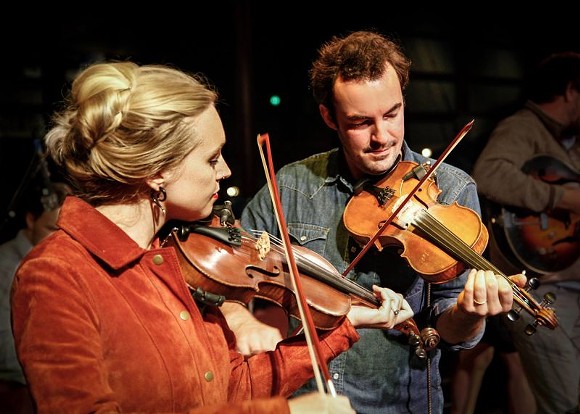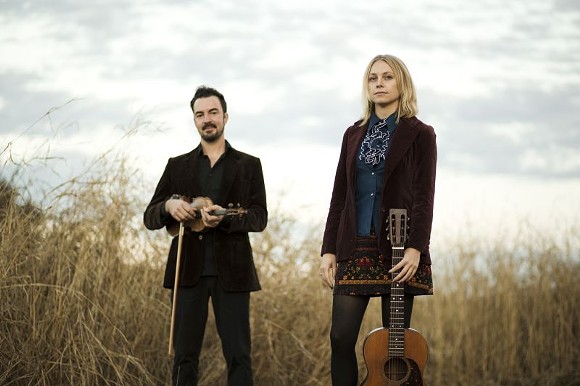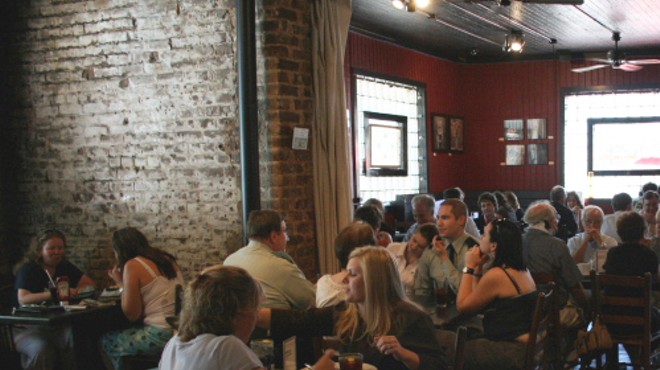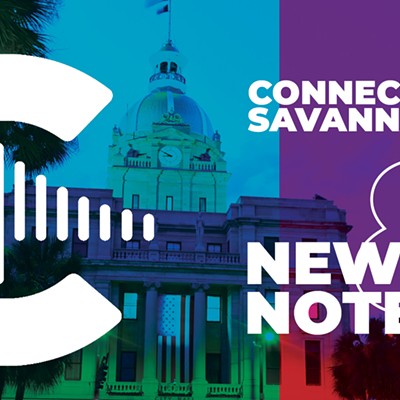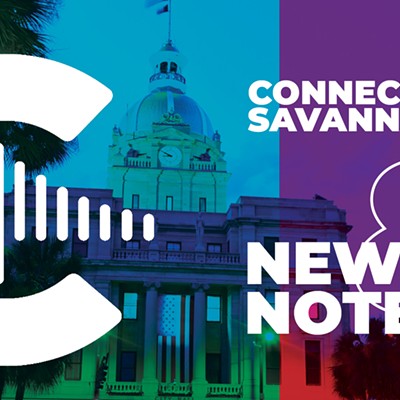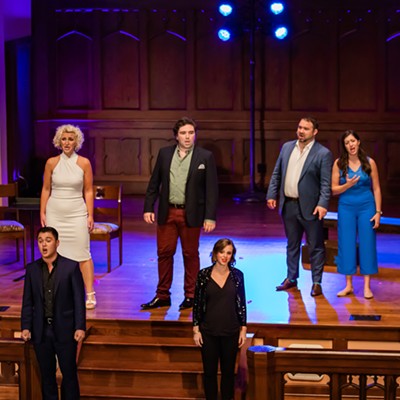JOEL SAVOY — pronounced "Joe-EL Sav-WAH" — is often described as "Cajun music royalty," or some such.
And it’s true. His father Marc and mother Ann are seminal figures in Louisiana’s Cajun scene.
That said, Joel and his wife, fellow musician Kelli Jones, think of themselves as anything but monarchs. Together they seek to spread the sound and tradition of Cajun and Applachian culture to audiences all over.
Joel and Kelli perform twice in this year’s Savannah Music Festival. You can see them in the “Lafayette Late Night” jam session Friday evening at the newly remodeled B. Matthews.
The next afternoon, Joel and Kelli perform a double bill with Brazilian musician German (pronounced “Herman”) Lopez at the Morris Center.
Joel spoke to us from home in Eunice, La., about 30 miles outside Lafayette.
How do you and Kelli work out what you’re going to play?
Kelli and I are sort of a union of two different folk traditions. She comes from Raleigh, N.C., and grew up in a family that played a lot of Appalachian music.
I grew up in Southwest Louisiana. All I heard as a kid was Cajun French music. There was a lot of country and blues around here in general. My mom was really into swing and early jazz music.
In your view, what is the main difference between the Cajun music tradition and the Appalachian tradition, other than language?
Folk music is primarily a way of socializing. Down here it will be a band that’s mainly fiddle-driven. But primarily folk music is about bringing people together for dancing and socializing.
The dance styles can be different, of course. In Louisiana we have a lot of couples dancing. In Appalachia it’s more group dancing, squares and contras. But there is a big similarity in styles.
There are differences of instrumentation, for example in Cajun music you’ll have the accordion, whereas in Appalachia there’s the banjo. But the rest of the band is similar. Of course there is the language difference.
But basically it’s the same – music by the people, for the people. It’s music about working people and about the stuff that working people relate to.
You come from a famous Cajun musical family, but I get the impression that you don’t in any way consider yourself any kind of ‘musical royalty.’
I’m glad you said that! If you come down here, you can’t throw a rock without hitting another great musican. In general I absolutely feel I’m just another guy playing music here, and that’s the way I like to see myself.
I do consider myself an ambassador for my culture. But by no means do I think I’m the best or the most famous.
I did happen to have parents that got famous doing it. But everywhere you look in Southwest Louisiana you have families playing music together and handing down that tradition.
This is where my father’s family is from. I live in my grandfather’s house. We are the eighth generation on the prairie here. They’ve been in this area almost since Cajun people arrived in Louisiana.
Most folks consider Lafayette to be the center of Cajun tradition, but you actually live out in the country near there. Tell us about where you live and how that influences your music.
Eunice is the birthplace of Cajun music. The earliest known recordings of Cajun music were by people around this area. Dennis McGee, the grandfather of Cajun fiddle, was from here, for example.
My dad likes to say wherever you find rice, you find accordions. We think the accordion arrived with German immigrants to the area.
Lafayette is 40 minutes south of here. That’s where the Cajun dancehall sound started up. It’s a much more urban area. Out here you get mostly fiddles and accordions. In Lafayette they began adding things from other types of music popular at the time — drums, steel guitars.
The question everyone asks you: What, in your opinion, is the main difference between Cajun and Zydeco?
My favorite answer to that comes from my dad, and I’m paraphrasing: “When I was a child I had a young black friend. His mother would bake a cake using the same flour, eggs, and oil my mother had. But each cake would be completely different.”
Both musical traditions come from the same place. Zydeco and Cajun music have the exact same roots, they just emerged from different cultures.
Back in the day, people would say that anyone playing fiddles and accordions was playing “French music.” The words we use today to define those styles are actually pretty new to this area.
Do you worry about Cajun music getting watered down and losing its roots?
I’m from here and lived here my whole life. So whatever I do is Cajun enough for me. (laughs) I'm not worried about what other people think.
But Cajun music has always been a bastard child. It’s always been a product of whatever is going on at the time. When Western swing got popular, for example, Cajun bands began to incorporate some of that sound and instrumentation, to give people what they wanted to hear.
The Lafayette Late Night Jam sounds like one of the highlights of the Festival. What can we expect to hear?
You’ll be hearing a lot of fiddle duets, mostly songs in French with a lot of fiddles and guitars. You might hear a couple of originals. You’ll hear lots of stories. I like to give perspective about where this music comes from and who plays it.
I’ve been charged with assembling all of the Cajun band members at the Savannah Music Festival all into something (laughs). What you’ll see is kind of a house band with probably drums, guitars, fiddle, bass, and accordion, with a whole rotating cast of characters coming up and singing all kinds of music.
We’ll have some Jerry Lee Lewis style rock ‘n’ roll, to early country and swing, to French music. We’ll be running the whole gamut.

